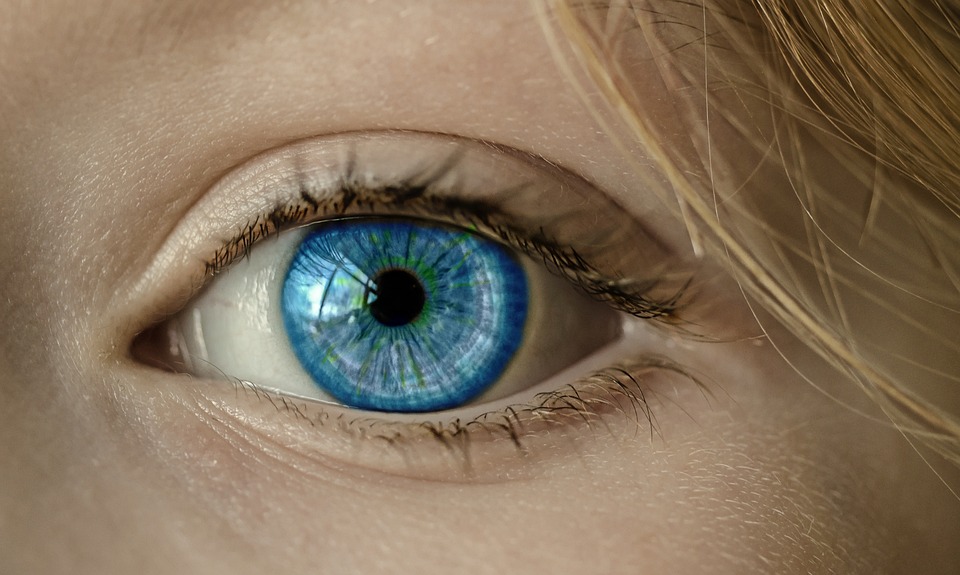Boost support for eyesight today with simple, actionable steps that make a difference. Your vision is more than just a sense; it’s your connection to the world. Whether you’re reading a book, watching your children play, or enjoying a beautiful sunset, healthy eyesight enriches your life in countless ways.
In this article, we’ll explore ten straightforward tips to enhance your eye health and support your vision. Why does this matter? Because preserving your eyesight today can lead to a brighter, clearer tomorrow. Let’s dive into these tips that will empower you to take charge of your eye health.
Contents
Understanding Eye Health
Eye health is a crucial part of your overall well-being. It encompasses everything from how well you see to how well your eyes function. Poor eyesight can lead to a host of issues, affecting your daily life and mental health.
Imagine struggling to read your favorite book or missing out on the beauty of a vibrant sunset. Supporting your eyesight isn’t just about avoiding glasses; it’s about ensuring that you can fully experience life.
1. Prioritize Regular Eye Exams
Schedule those eye exams! Regular check-ups with an eye care professional are key. They can detect problems early, even before you notice them. Conditions like glaucoma or macular degeneration can sneak up on you.
- Aim for an exam every one to two years, depending on your age and health status.
- Bring up any visual changes or discomfort with your eye doctor immediately.
2. Embrace a Nutrient-Rich Diet
What you eat dramatically impacts your eye health. Certain nutrients are particularly beneficial for your vision.
- Omega-3 fatty acids: Found in fish like salmon, these fats are essential for retinal health.
- Carotenoids: Foods rich in lutein and zeaxanthin (like spinach, kale, and eggs) can help filter harmful high-energy light.
- Vitamins A, C, and E: These vitamins support eye function and can be found in carrots, citrus fruits, and nuts.
3. Stay Hydrated
Your body needs water, and so do your eyes. Dehydration can lead to dry eyes, making them uncomfortable and less functional.
- Aim for at least eight glasses of water a day.
- Remember that factors like climate and physical activity can increase your hydration needs.
4. Practice the 20-20-20 Rule
If you spend hours in front of screens, your eyes can become fatigued. To combat this, use the 20-20-20 rule.
- Every 20 minutes, look at something 20 feet away for 20 seconds.
- This simple practice reduces eye strain and helps keep your vision sharp.
5. Protect Your Eyes from UV Rays
Just like your skin, your eyes can suffer from UV damage. Wearing sunglasses isn’t just a fashion statement; it’s a necessity.
- Choose sunglasses that block 100% of UVA and UVB rays.
- Hats with brims can also provide additional protection.
6. Limit Screen Time
While screens are a part of our daily lives, excessive exposure can harm your eyes.
- Try to limit recreational screen time, especially before bed.
- Use blue light filters on your devices to reduce strain.
7. Get Enough Sleep
Your eyes need rest, just like the rest of your body. Lack of sleep can lead to eye fatigue and discomfort.
- Aim for 7-9 hours of quality sleep each night.
- Create a bedtime routine to help your body wind down for better rest.
8. Don’t Smoke
If you smoke, it’s time to quit. Smoking is linked to a higher risk of developing eye diseases, including cataracts and macular degeneration.
- Seek support and resources to help you quit. Your eyes—and your body—will thank you.
9. Stay Active
Physical activity isn’t just good for your heart; it’s also vital for your eyes. Regular exercise can help improve circulation, which in turn benefits your eye health.
- Aim for at least 150 minutes of moderate exercise each week.
- Activities like walking, cycling, or swimming can be great for your overall health.
10. Manage Chronic Conditions
If you have chronic conditions like diabetes or hypertension, managing them is crucial for your eyesight.
- Regular check-ups and following your treatment plan can prevent complications.
- Discuss any concerns with your healthcare provider.
Bottom Line
Supporting your eyesight today isn’t just a task; it’s an investment in your future. By incorporating these ten simple tips, you can enhance your eye health and enjoy a vibrant, clear view of the world around you.
Your eyes are your windows to life—don’t take them for granted. Start today!
FAQ
1. How often should I get my eyes checked?
Aim for every one to two years, but consult your eye doctor based on your specific needs.
2. Are there specific foods that help improve eyesight?
Yes! Foods rich in omega-3s, carotenoids, and vitamins A, C, and E can benefit your eye health.
3. What are the signs I need to see an eye doctor?
Watch for blurred vision, eye strain, or discomfort. If you notice changes, don’t hesitate to schedule an appointment.
4. Can I reverse vision problems?
While not all vision problems can be reversed, many can be managed or improved with lifestyle changes and proper care.
5. Is it too late to start caring for my eyes?
It’s never too late! Implementing these tips can benefit your eyesight at any age.
Take the first step today. Prioritize your eye health and embrace a clearer, more vibrant life!








